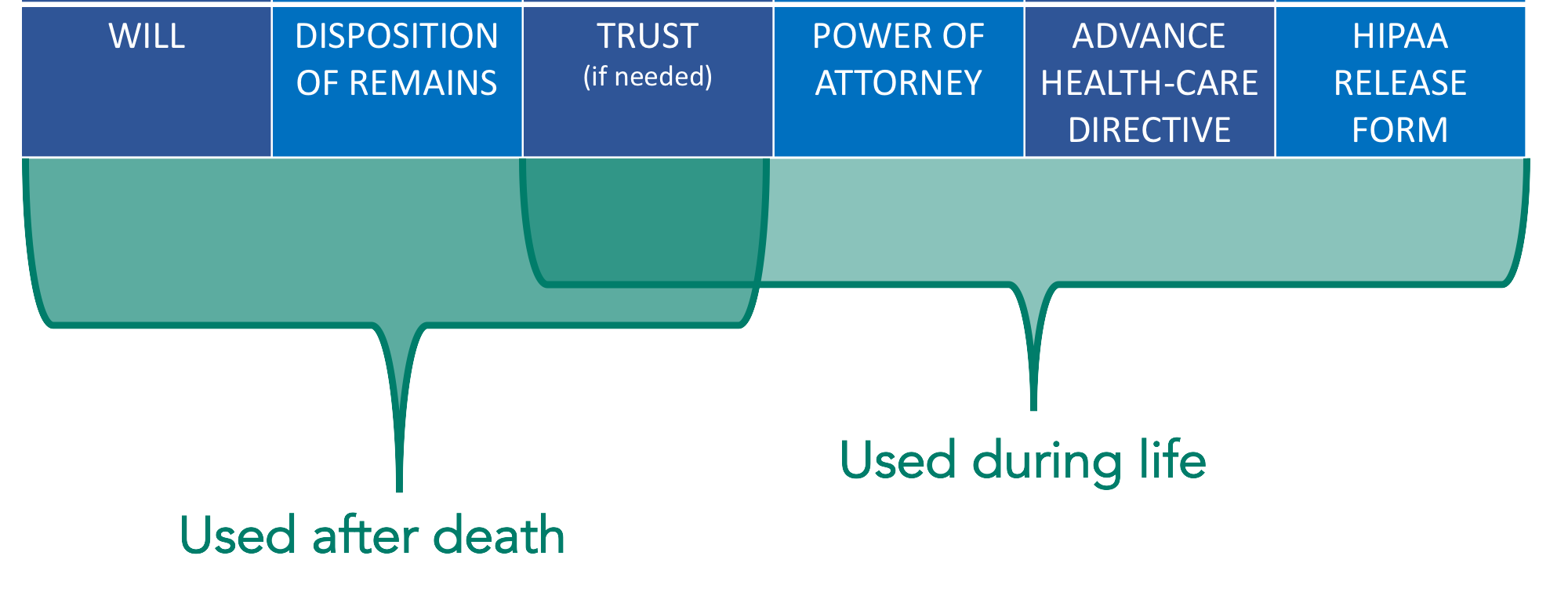WHERE SHOULD I KEEP MY ESTATE PLANNING DOCUMENTS?
So you did the hard part and did your estate planning. Now you have piece of mind that your wishes will be carried out and loved ones taken care of in case of your incapacity or death, but where should you keep these important documents?
After putting together or updating your estate plan, most estate planning attorneys will give you a binder or folder with the original signed documents enclosed. We recommend that our clients keep this packet in a safe place in their home, such as in a closet or drawer.
Many people ask us if putting their documents in a safe deposit box at the bank is a good idea. We do not recommend putting your documents in a safe deposit box, because they are sometimes difficult to access, even in your lifetime, if the key is lost, let alone for some else to access after your lifetime.
Theses documents should be easy to access, because they should be reviewed every four to five years to make sure they still carry out your wishes and reflect your current life situation. Click here to learn more about certain life events that may call for an update to your estate plan. Also, you want them easy to find for your family or executor in case of your incapacity or death.
WHO SHOULD I GIVE A COPY OF MY ESTATE PLANNING DOCUMENTS TO?
Like most personal questions about estate planning, it depends on your situation. Most of the time, we don't recommend giving copies of your entire plan out, because you may change it throughout your lifetime. If there are different versions of your will or trust out there it could cause confusion or create disharmony after your lifetime. But, if you only have one child, and intend for them to be your sole beneficiary, health-care agent, power of attorney, and executor of your estate, then it may make sense for them to have copies of the documents. Generally we recommend clear communication with loved ones about your estate plan, but every family and story is different and it's up to the individual to make those decisions.
There are a few documents that should be given out, before you stow your documents away, to make sure they work the way you intend them to. First, your estate planning attorney should give you extra copies of your advance health-care directive to give to your doctor and whoever you appoint as your healthcare agent. If you are in the position where you can't make health-care decisions for yourself, your doctor should know who is authorized to make those decisions for you. The other document that should be given out is the short form of your trust (if you have one) to your bank or financial institution in order to transfer a specific asset (like a bank account or investment account) into your trust.
WHY DO I NEED TO KEEP THE ORIGINAL DOCUMENTS?
In this day and age of digital everything and paperless files, why do I need to take up space in the closet with these documents? You need the originals of a will, trust, and power of attorney in order for them to be enforced. These estate planning documents are signed by you, signed by a witness, and notarized. Legally speaking, any original signed document is more likely to be enforced than a copy. You may ask, but what if I lose the originals or they are destroyed by accident? There is a process to go through to validate copies, but it's tedious.
WHAT DOCUMENTS ARE IN AN ESTATE PLAN?
Estate planning is the process of setting up a plan to have your wishes carried out in the case of your incapacity or death. The basic estate planning documents generally consist of the following: a will, disposition of remains, revocable living trust (if needed), durable power of attorney, advance health care directive, and HIPAA Release Form.
JOHN ROTH
John is the founder of Hawaii Trust & Estate Counsel, a statewide Hawaii estate planning law firm with offices in Waimea, Hilo, Kona, Maui, and Honolulu. He has taught Estate Planning at the Richardson School of Law, and business law courses at the University of Hawaii—Hilo. He has resided in North Hawaii since 2008....MORE
MAKE AN INFORMED DECISION
Estate Planning is necessary because, as the old expression goes, "You can't take it with you" and you never know what's going to happen in life. The estate planning documents of an advance health-care directive, power of attorney, and sometimes a trust help someone step into your shoes to make decisions on your behalf, during your lifetime. Then after your lifetime, you may need a will or will substitute, such as a revocable living trust, if they want to control who inherits their property and how and when that inheritance is received, to minimize administration costs, and to avoid unnecessary taxes. A well-planned estate is a gift to your loved ones and provides you peace of mind. It is part of your legacy.
Everyone has a different story and should have a unique estate plan. In most cases, the first meeting with one of our attorneys is complementary and serves the purpose of understanding your goals and educating you on your options. Depending on the option that is right for you, we will give you a price quote at the first meeting, before moving forward with your plan. Feel free to explore the basic information on our website.
This blog does not contain legal advice. You should not rely on this to determine what is in your own best interest. For legal advice, specific to your situation, you must meet with an attorney. All posts are based on hypothetical scenarios, not the actual circumstances of real clients.











What assets should you put in your trust? Avoiding probate, planning in case of incapacity, and making things as easier for loved ones after your death are all things to consider.